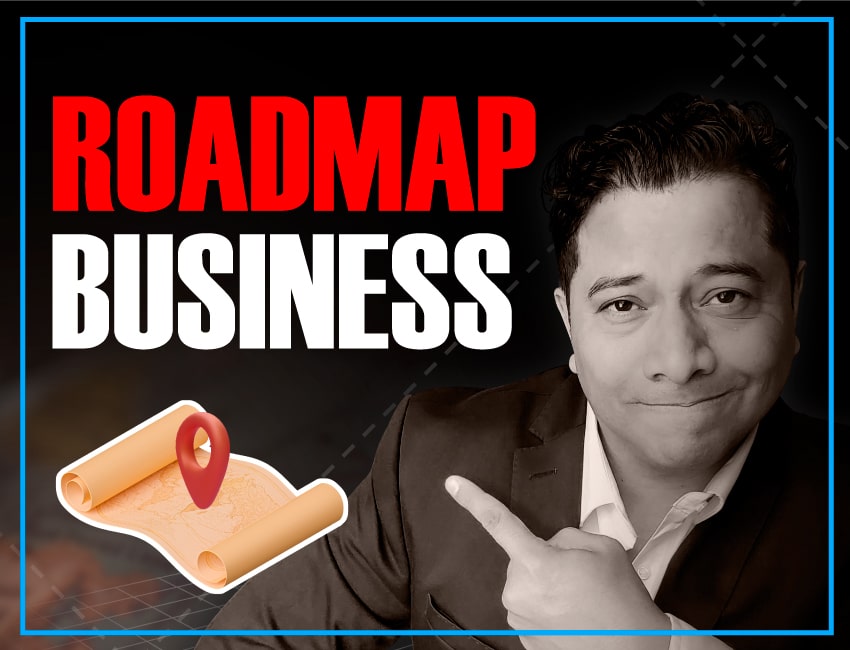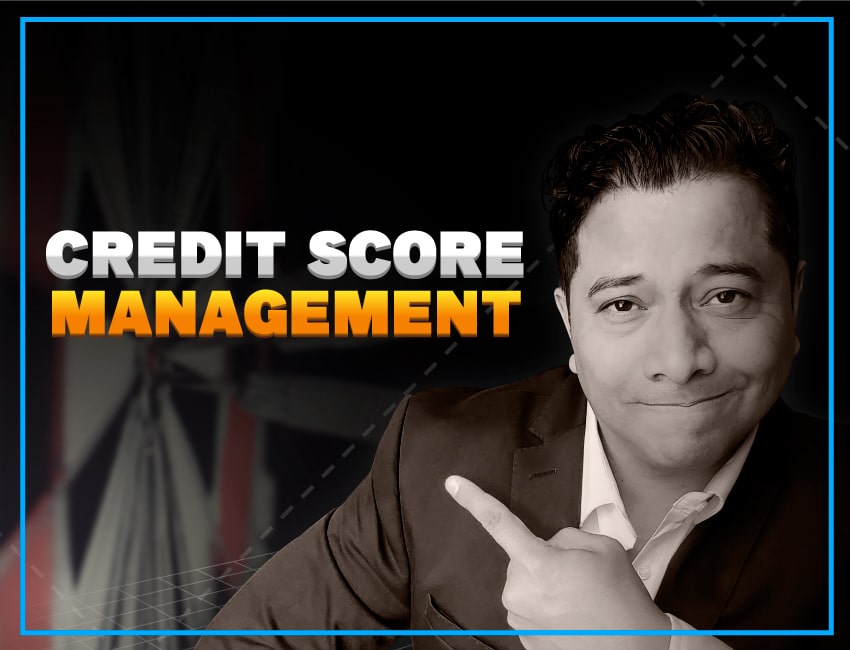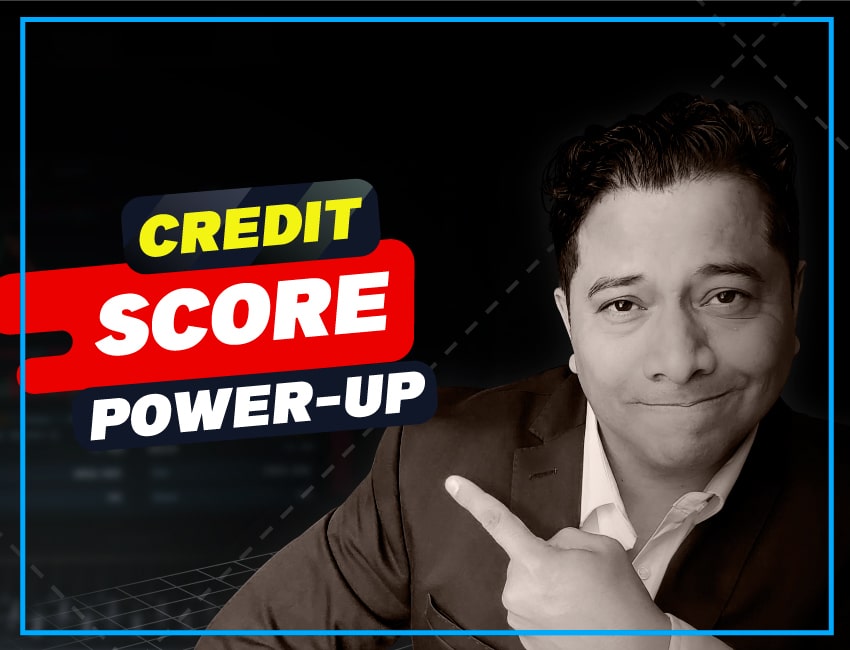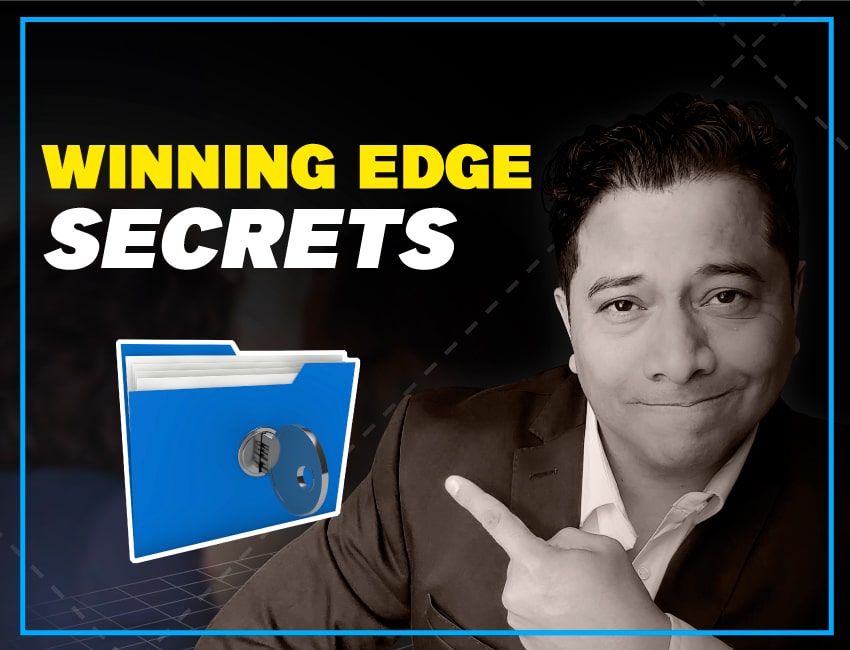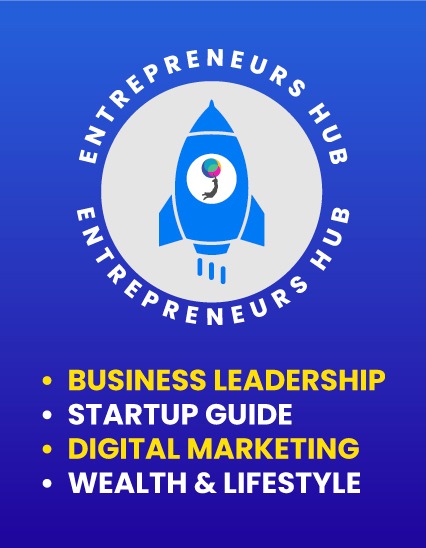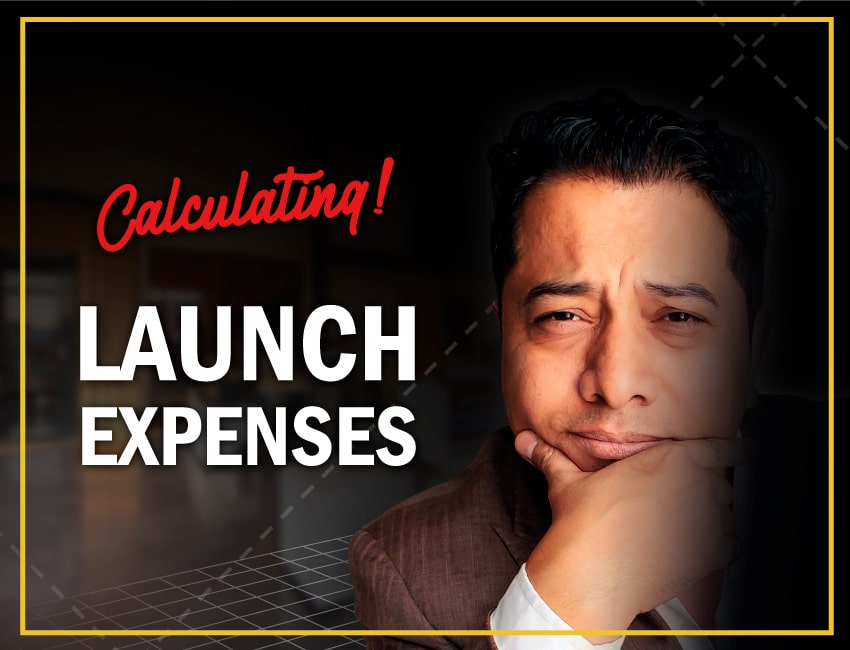Buy an Established Business or Franchise

Starting a business from scratch can be a daunting task. But don’t worry, there are other options available to you. Consider purchasing an established business or franchise to kick-start your entrepreneurial journey.
Know the Difference: Franchise vs Established Business
Before you decide which option is right for you, it’s essential to understand the difference between buying a franchise and an established business. One of the main distinctions is the level of control you’ll have over your business.
Franchise: More Guidance, Less Control
A franchise business model involves a franchisor selling the rights to its logo, name, and business model to an independent business owner or franchisee. This type of business is prevalent in the service industry, such as hotels and restaurant
There are two common types of franchise:
- Product/Brand Franchise – The franchisor owns the rights to a brand or business name and sells the right to use them to the franchisee. This type of franchise typically focuses on supply chain management, with the franchisor manufacturing the products and delivering them to the franchisee for sale
- Business Format Franchise – The franchisor and franchisee have an ongoing relationship. This type of franchise focuses on comprehensive business management, with the franchisor offering services such as site selection, training, product supply, marketing plans, and financing assistance
While franchising offers brand recognition and marketing benefits, it comes with strict rules about running your business
Established Business: More Control, Less Guidan
Buying an established business means acquiring full ownership of an existing company. The most significant advantage is having a ready-made project, including an established customer base, defined operating expenses, and trained employees. Almost any type of business can be bought or sold
When you buy an established business, you’ll have complete control over its management. However, if you lack a clear vision, infrastructure, or external guidance, it could lead to trouble as you navigate how best to handle thing
Key Factors to Consider Before Investing in a Franchise or Business
Investing in a franchise or business can be a daunting task, but it doesn’t have to be. By considering these three essential factors, you can make an informed decision and select an opportunity that aligns with your goal.
- Crunching the Numbers: Before making any investment, it’s crucial to review your financial standing and decide on a budget. Once you have a clear understanding of your investment capabilities, you can determine which business models will fit your budget and avoid investing in an opportunity that’s financially feasible.
- Personal Abilities and Lifestyle: It’s crucial to be honest about your skills and lifestyle before investing in a franchise or business. While franchising may be the best option for those who prefer hands-on assistance, established companies may be more suitable for experienced entrepreneurs. By considering your strengths and limitations, you can weed out unviable business ventures and invest in opportunities that align with your skill se
- Understanding the Big Picture: Before making an investment, it’s essential to examine the existing infrastructure of the business and understand all the details of the acquisition process. This includes reviewing contracts, rents, current cash flow, and inventory. By asking the right questions and doing your due diligence, you can make an informed decision and minimize any potential risks associated with the investmen
In conclusion, investing in a franchise or business requires careful consideration of several factors. By quantifying your investment, considering your personal abilities and lifestyle, and understanding the big picture, you can make an informed decision and select an opportunity that aligns with your goal
Considerations to Select the Best Franchise or Business for You
After deciding whether to buy a franchise or an existing business, it is essential to assess every opportunity. The key is to conduct thorough research.
Researching the company will provide you with valuable insight into both its financial standing and its overall vision.
If a franchise is what you’re interested in, then you should look into the following:
- All available reports – This is your chance to play detective. Start by obtaining the Uniform Franchise Offering Circular (UFOC), which contains vital information regarding the franchise’s legal, financial, and personnel history.
- Applicable Regulations – Each franchise is unique. Ensure that you will have the right to use the franchisor’s name, trademark, and operate within a territory that is protected from other franchisees. Also, find out if the franchisor provides training and administrative support and if you can benefit from their marketing and advertising expertise.
- Contracts – Typically, the contract between the franchisor and the franchisee tends to favor the former. The franchisee usually has to meet sales targets and purchase equipment, supplies, and inventory. Before signing, it’s crucial to understand all the terms of the agreement
Factors to Consider When Buying an Existing Business
- Licenses and Permits – It’s crucial to obtain all necessary licenses and permits either from the current owner or by applying for them yourself. Identify what federal, state, and local permits and licenses are needed to operate the business.
- Zoning Requirements – Ensure that your business adheres to basic planning laws in your area, as zoning requirements can affect your operations.
- Environmental Concerns – If you’re purchasing real estate alongside the business, review the environmental regulations for the area to avoid complications.
- Business Valuation – Various methods exist to determine the fair selling price of a business, including:
- Capitalized Earnings Approach – Considers the investor’s expected return on investment.
- Excess Earnings Method – Similar to the Capitalized Earnings Approach, except it separates asset gains from other gains.
- Cash Flow – Determines the amount of debt that the company’s cash flow can support.
- Tangible Assets (Balance Sheet) – Values the company through its tangible assets.
- Intangible Assets – This method compares buying a specific intangible asset with creating it
Preparing to Purchase a Franchise or Business
After finding a franchise or business to purchase, it’s critical to conduct thorough and unbiased research.
Consider seeking professional assistance at this point. Hiring a lawyer and an accountant may be beneficial. Franchise tax laws can be complex, and a franchise law specialist can assist you in assessing the franchise package and handling tax issues. An accountant can assist you in determining the full costs of purchasing and operating the company, as well as estimating the profit potential.
Working with a lawyer and an accountant can help you generate and evaluate critical documents. These documents typically include:
- A letter of intent.
- A confidentiality agreement.
- Contracts and leases.
- Financial statements.
- Tax returns.
- A sales agreement.
- A sales price adjustment.
Don’t forget to visit the Federal Trade Commission’s Bureau of Consumer Protection website for resources on buying a franchise.

